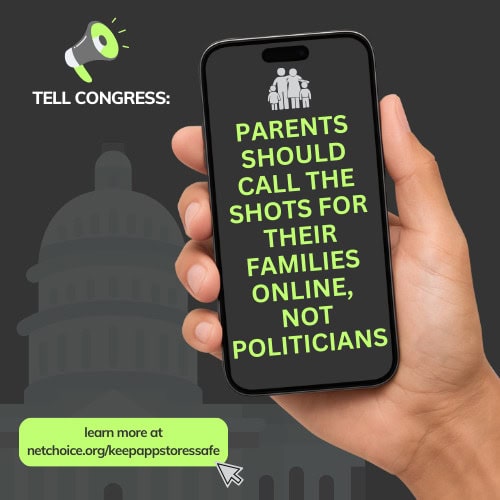Democratic presidential nominee Kamala Harris would devastate North Carolina’s agriculture industry and put thousands of jobs at risk with her expected menthol cigarette ban, Rep. Richard Hudson (R., N.C.) told the Washington Reporter.
The Biden-Harris administration’s Food and Drug Administration (FDA) announced in 2022 its plan to criminalize menthol cigarettes, which comprise about 40 percent of the cigarette market and are particularly popular among black Americans. This decision was lauded by Michael Bloomberg, one of the Democratic campaign’s largest megadonors. However, the administration recently reversed course, and Hudson suspects politics are at play.
“Kamala Harris and Joe Biden only delayed this ban to try and save face because it’s an election year,” Hudson said. “If Harris becomes president, she will reimplement this bad policy and trample on our freedom of choice while hurting North Carolina’s ag industry — the largest in our state.”
Experts warn that a menthol ban alone “would ban over a third of the combustible tobacco market,” Dr. Blake Brown, an economics professor at North Carolina State University, told the Reporter. “States like North Carolina, where tobacco is a cornerstone of the economy and culture, are most likely to take a profound hit by the proposed rule. Such a sweeping ban by the FDA would have far-reaching consequences, jeopardizing livelihoods. I estimate that this rule could put more than 7,300 jobs at risk.”
Harris, a former attorney general of California, is also also alienating local law enforcement with the potential singling out of menthol cigarettes. Wayne County Sheriff Larry Pierce cautioned to the Reporter that “restrictions on certain brands or types of cigarettes will lead to more black market sales and crime in eastern North Carolina.”
Tobacco is one of North Carolina’s top five field crops for the state’s $111.3 billion agriculture industry. Without tobacco, agriculture infrastructure that supports other high-intensive crops such as sweet potatoes, cucumbers, onions, and watermelons, is no longer stable. “A menthol ban will hit us hard—no question about it,” Linwood Vick, a tobacco farmer in eastern North Carolina told the Reporter. “It’s not just about menthol; it’s about the ripple effect on every farmer in the state. Kamala Harris needs to understand that our livelihood is at stake, and her policies could drive us out of business.”
As the Reporter noted in an editorial last week, Harris has been silent on this issue. The politics of her continued silence are threatening her ability to win the state, local lawmakers told the Reporter. “If Kamala Harris supports banning menthol, she needs to say it before the election,” state Senator Michael Lazzara told the Reporter. “Voters shouldn’t have to guess where she stands on policies that will decimate our farming industry and hurt families across the state.”
Even if Harris doesn’t reimplement a menthol ban, her other likely regulations would “threaten the livelihood of thousands of farm families across North Carolina and beyond,” Graham Boyd, the executive vice president of the North Carolina Tobacco Growers Association, warned.
Threats to North Carolina’s tobacco industry also threatens Harris’s ability to make inroads with the state’s large population of Native American voters. John Lowery, the chair of the Lumbee Tribe noted to the Reporter that “tobacco is sacred to our people and vital to the economy of North Carolina.” To Lowery, it doesn’t matter whether people “smoke menthols or not; the industry sustains thousands of families and businesses. This isn’t just about smokers; it’s about the future of our communities and generations of workers.”
While Harris’s campaign recently hired a rural vote director, industry veterans caution that her potential policies aren’t just about regulatory overreach, they ultimately threaten “the survival of an entire agricultural ecosystem.” Ray Starling a former chief of staff at the Department of agriculture told the Reporter that it is imperative to “protect our farmers and rural communities from decisions that threaten their way of life and America’s food security.”
Harris’s anti-tobacco policies may also lead her into electoral perdition in the Tar Heel State. In recent years, North Carolina has trended towards Republicanson a presidential level, and much of the party’s top brass hails from the state. Hudson chairs the National Republican Congressional Committee (NRCC), and Republicans like Hudson have told the Reporter that they are expecting to flip several House seats in North Carolina alone. “We’ve picked up three already” via redistricting, he said earlier this year.
Additionally, the new chairman of the Republican National Committee (RNC) recently ran the North Carolina Republican Party; he told the Reporter that down ballot Republicans there need to simply “stay the course” and “listen to the voters.” Whatley has all the confidence in the wold in Jason Simmons, his successor as NCGOP chair. Simmons is “is a fantastic operator [who] completely understands the state, completely knows how to win.”
